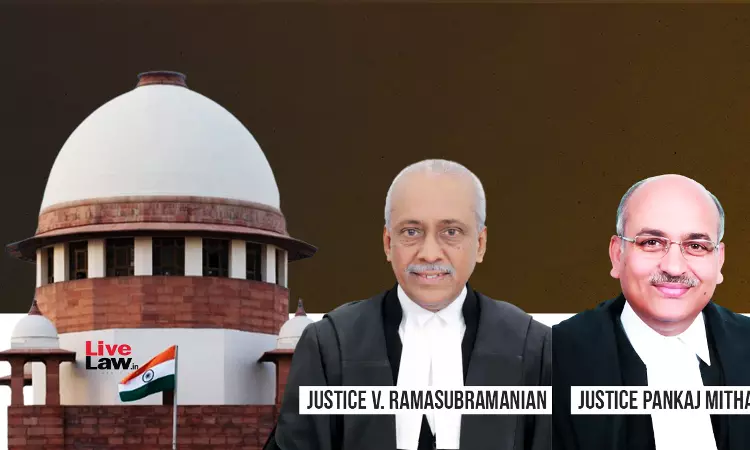Govt Servants Required To Be At Disposal Of Govt All The Time; Can't Claim Overtime Allowance Under Factories Act : Supreme Court
LIVELAW NEWS NETWORK
19 April 2023 9:29 PM IST

Next Story
19 April 2023 9:29 PM IST
The Supreme Court has held that government employees cannot claim double overtime allowance as per the Factories Act, if the service rules do not provide for it.A bench comprising Justices V Ramasubramanian and Pankaj Mithal made this significant ruling while deciding the issue whether employees working as supervisors at the Security Printing & Minting Corporation of India (a company...
